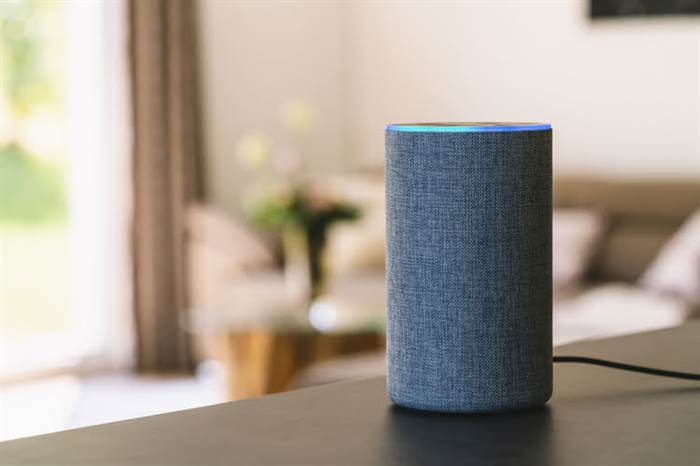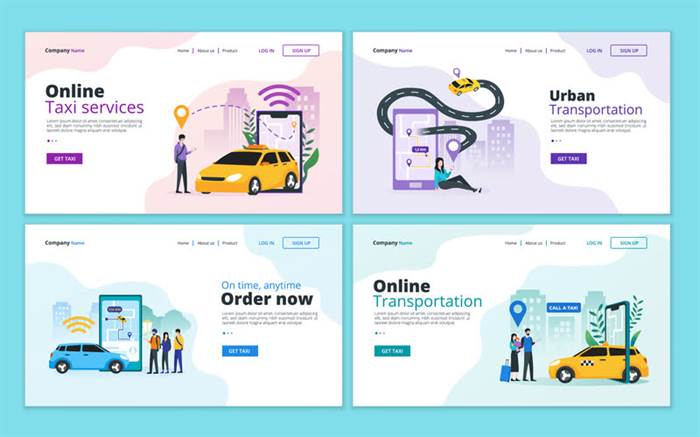Progressive Web Apps Pwa Vs Native Mobile Apps
Содержание
Hope you got the idea of choosing the right app for your business. PWA is only compatible with Android browsers. For instance, it doesn’t work on Safari. Considering that Safari is one of the most-used browsers, you could lose your audience by relying on PWA only.

PWAs cannot access the customer’s information. This results in a lack of personalized user experience and low engagement rates. The brands can only send push notifications to Android users. So, if you only have Progressive Web App, there is a good chance you will lose the iOS audience. They can’t access alarm, bookmarks, and calendars on your mobile.
New Android Development Trends For 2023
The app is available for both Android and iOS users. Native apps are available on Google Play Store and iOS App Store. These apps feature a broad range of functionalities and give a smoother user experience. Native apps can’t be accessed https://globalcloudteam.com/ via mobile browsers. As far as the quality is concerned, the Progress Web App offers a fast, secure, and reliable user experience. You can access your Twitter account via your mobile browser and get real-time notifications.

You cannot target your prospects through geofencing and push notifications through progressive apps. Sure, PWA uses transparent and 100% secure URLs. But, native apps are considered more reliable. Native apps are pretty expensive.
How To Create A Companion App For Your
Both PWA and Native apps are designed to boost customer engagement rates. If budget and accessibility are your major concern, then a progressive web app is an ideal option for you. But, make sure that web apps are not compatible with third-party apps and geofencing. You won’t be able to send push notifications to your prospects.

On the other hand, native mobile apps offer the best User Interface and seamless user experience. If customer satisfaction is your priority, then native app vs web app pros and cons you should invest in native apps. From faster user navigation to customizable features, native apps outperform progressive web apps in many ways.
Cons Of Native Apps
Progressive Web App looks almost similar to the native apps. The only difference is the PWA is available on your browsers. PWAs are designed to eliminate poor connectivity and lack of storage issues.
- You won’t be able to send push notifications to your prospects.
- They take relatively more time to develop than progressive web apps.
- If budget and accessibility are your major concern, then a progressive web app is an ideal option for you.
- From faster user navigation to customizable features, native apps outperform progressive web apps in many ways.
- Native apps offer a great room for customization.
- Native apps are pretty expensive.
Native apps offer personalized user experience by gathering customer’s purchase, browsing, and navigation history. Developers should consider a native app if they want to offer a high-quality and seamless user experience. Basically, the apps designed for individual platforms such as Android and iOS devices are called Native Apps. Since they are designed for individual platforms, native apps need platform-based programming languages. For example, an iOS native app can be developed using Swift language while Android apps need Java coding. The best example is Facebook.
Xamarin Vs React Native Vs Ionic
Similarly, they cannot collect the user’s mobile number. The mobile market is growing at a fast pace. According to the research, the number of mobile users in the world will reach 3 billion by the end of this year.

They take relatively more time to develop than progressive web apps. The app developers need to develop individual native apps for each device, using platform-specific coding language. Native apps offer a great room for customization. The app developers can add many unique and advanced features to make their app stand out in the app stores.
